
10:00am to 04:00pm (Mon to Sat) - Amrita Hospital, Faridabad
06:00pm to 08:00pm (Mon to Sat) - Arthrocare Clinic, Noida
10:00am to 04:00pm (Mon to Sat) - Amrita Hospital, Faridabad
06:00pm to 08:00pm (Mon to Sat) - Arthrocare Clinic, Noida
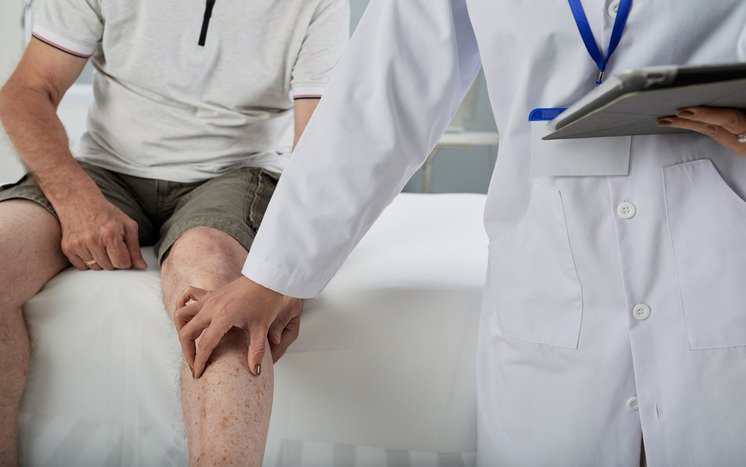 June 24, 2024
June 24, 2024
Total knee replacement (TKR), also known as knee arthroplasty, is a common surgical procedure that alleviates pain and restores function in severely diseased knee joints. Like any major surgery, Total knee replacement (TKR) has potential complications despite its high success rate. Understanding these complications can help patients make informed decisions and prepare adequately for the procedure and recovery process.
While it is impossible to eliminate all risks, several strategies can help reduce the likelihood of complications:
Total knee replacement is a life-changing procedure for many, offering significant pain relief and improved mobility. However, understanding the potential complications is crucial for setting realistic expectations and proactively managing health before and after surgery. With careful planning and adherence to medical advice, most patients can enjoy the benefits of TKR with minimal complications.
Dr. Mrinal Sharma – Leading Knee Replacement Surgeon
Dr. Mrinal Sharma is widely regarded as one of India’s foremost total knee replacement surgeons, renowned for his exceptional surgical skills and compassionate patient care. With over 20 years of experience in orthopedic surgery, Dr. Mrinal Sharma has performed thousands of successful knee replacement surgeries, earning the trust and admiration of patients and peers alike. His extensive training, including advanced fellowships in knee arthroplasty from leading international medical institutions, has equipped him with cutting-edge techniques and a deep understanding of knee joint mechanics.
Dr. Mrinal Sharma’s meticulous approach to preoperative planning, precision in surgical execution, and dedication to postoperative rehabilitation ensures optimal patient outcomes, significantly enhancing their quality of life.
Dr. Mrinal Sharma’s commitment to excellence extends beyond the operating room. He actively contributes to medical research, regularly publishing in reputed orthopedic journals and presenting at international conferences. His dedication to continuous learning and staying abreast of the latest advancements in knee replacement surgery reflects his passion for providing the best possible care.
Patients consistently praise Dr. Mrinal Sharma for his empathetic approach, clear communication, and personalized treatment plans tailored to meet each individual’s unique needs. His holistic approach to patient care and technical expertise solidify Dr. Mrinal Sharma’s reputation as India’s best total knee replacement surgeon.
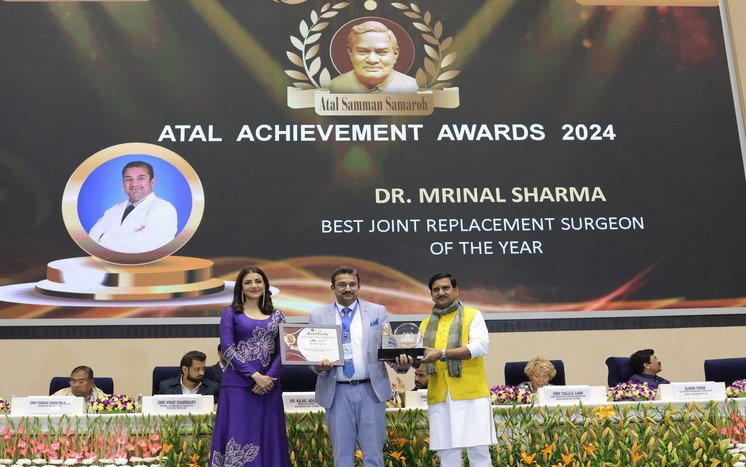
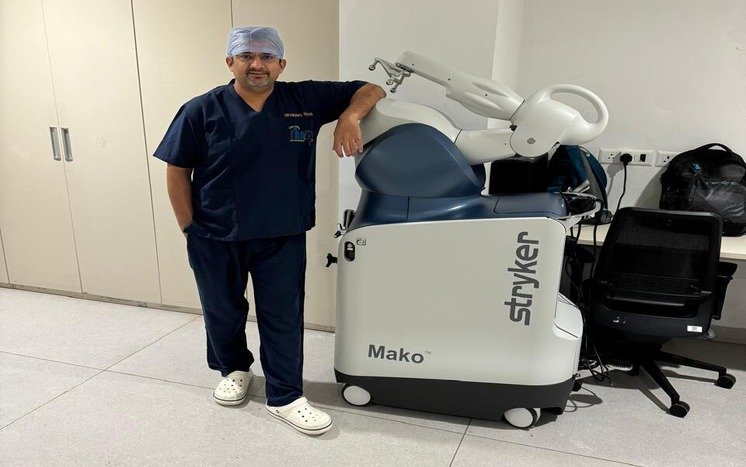

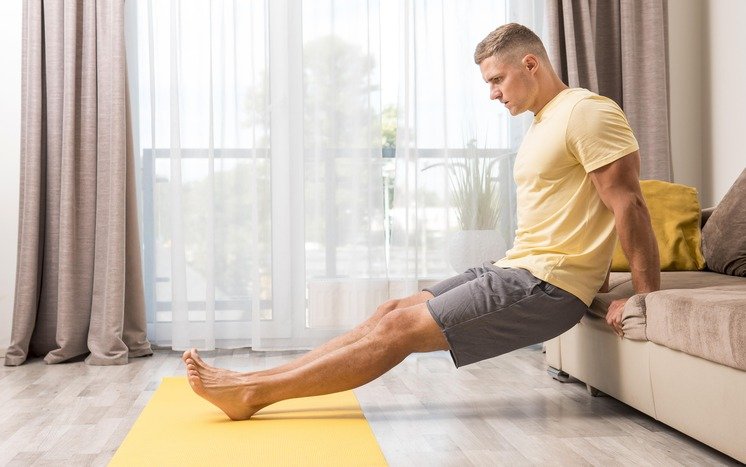
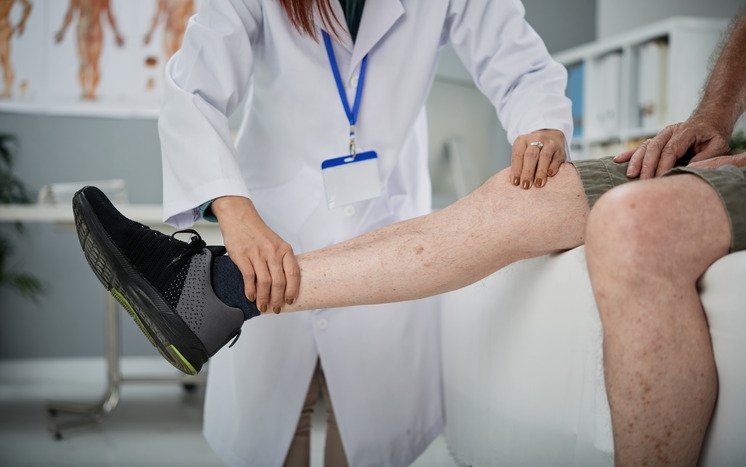
© 2024 Dr. Mrinal Sharma | All rights reserved. Designed and Developed by DigiTrend